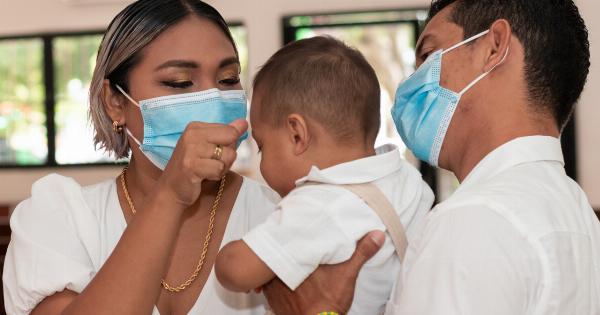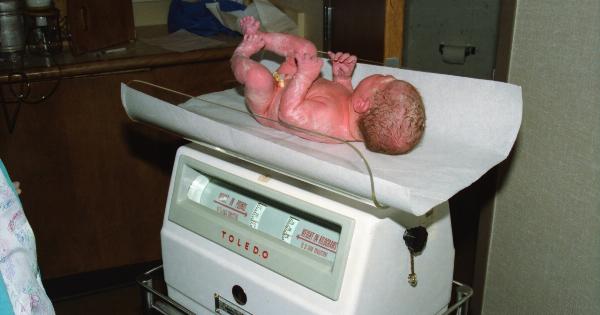Congratulations! You’ve reached pregnancy week 26, and your baby continues to grow and develop rapidly.
At this stage, your little one is approximately the size of a cauliflower, measuring around 14 inches from head to toe and weighing about 1.7 pounds. Let’s dive deeper into what’s happening with your baby during this exciting time!.
Fetal Development at 26 Weeks
By now, your baby’s senses are becoming more refined. Their eyes, although still closed, are sensitive to bright light, and they can even perceive changes in lighting outside the womb.
The auditory system is also developing, and your baby can now hear sounds from the outside world, including your voice and heartbeat.
The lungs are maturing further, with tiny air sacs starting to develop. Although they are unlikely to function properly until later in the pregnancy, these early developments are crucial for your baby’s breathing after birth.
The nervous system continues to advance, with the brain growing rapidly and forming intricate connections.
Additionally, your baby’s taste buds are forming, preparing them for the flavors they will discover once they start eating solid foods. And those tiny fingers and toes are getting more defined, as nails continue to grow.
Your baby’s skin is also changing from transparent to a more opaque appearance as they gain fat beneath the surface.
Mom’s Body Changes
As your pregnancy progresses, you may notice some new changes happening in your body. At week 26, you might experience shortness of breath more frequently due to your growing uterus pressing against your diaphragm.
This can be especially noticeable when you’re lying down.
Another common symptom during this stage is heartburn. Hormonal changes and the pressure exerted by your expanding uterus can lead to a backflow of stomach acids into the esophagus, causing that burning sensation.
Eating smaller, more frequent meals and avoiding trigger foods may help reduce discomfort.
Braxton Hicks contractions may become more noticeable as well. These irregular contractions are your body’s way of preparing for labor, but they should be painless.
If you experience persistent, regular contractions accompanied by other signs of preterm labor, such as vaginal bleeding or lower back pain, contact your healthcare provider immediately.
Weight gain is expected during pregnancy, but it’s essential to maintain a healthy balance. As your baby grows, you might notice added pressure on your joints and lower back. Regular exercise and proper posture can help alleviate some discomfort.
Speak to your doctor or a prenatal specialist for guidance on safe exercises during pregnancy.
Milestones and Tips for Week 26
Now that you’re in the third trimester, it’s a good time to start thinking about childbirth classes or programs. These classes can equip you and your partner with valuable information about labor, delivery, and early parenting.
They also provide an opportunity to connect with other expectant parents.
During this period, you should be vigilant about monitoring your baby’s movements. By week 26, your baby should have consistent, active periods of movement.
If you notice any significant changes in your baby’s movements, such as a sudden decrease in activity, contact your healthcare provider right away.
It’s important to stay hydrated to support your baby’s growth and maintain your own well-being. Drinking plenty of water throughout the day can prevent dehydration, which can lead to complications.
Adequate hydration can also help alleviate common pregnancy discomforts like constipation and swelling.
As you prepare for the arrival of your little one, it’s crucial to set up a comfortable and safe space for your baby. Start organizing the nursery, washing baby clothes, and checking off items from your baby registry.
Creating a nurturing environment in advance can help reduce stress as your due date approaches.
Conclusion
Pregnancy week 26 marks an exciting milestone in your journey towards motherhood. Your baby’s senses are developing, their organs continue to mature, and they are getting ready for life outside the womb.
Take care of yourself, stay connected with your healthcare provider, and enjoy this special phase of your pregnancy!.


























